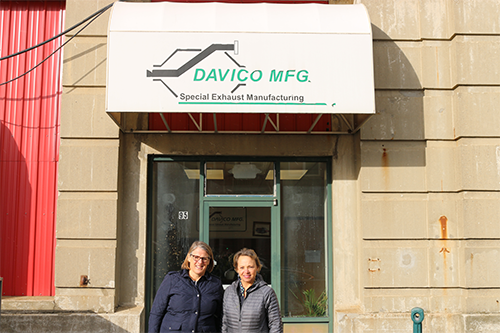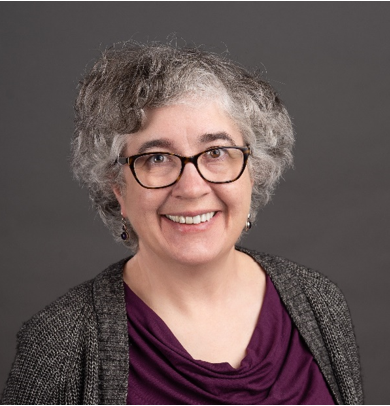United Way of Greater New Bedford (Massachusetts)

United Way of Greater New Bedford’s program leader,
Sarah Rose, and project consultant, Heike MilhenchLike in many communities, leaders from the United Way of Greater New Bedford (UWGNB) often hear stories from social service providers and others about families experiencing financial stress. The consequences can be severe and long-lasting. Twenty-three percent of the New Bedford community lives in poverty, and, according to a U.S. Bureau of Labor Statistics 2022 study, of the 65,150 wage earners, 51 percent make less than $50,000 a year.
Through a series of exploratory conversations, UWGNB learned that local employers are seeking to improve workplace satisfaction, worker productivity and retention. Employers also understand that improving employee financial stability through improved workplace financial wellness benefits would significantly help them accomplish their goals. To address this need, UWGNB will provide intensive coaching, training and resource-identification services for lower-wage workers in the region.
Starting with the implementation of the Financial Wellness at Work (FWW) pilot program in January 2024, a financial wellness coordinator will be embedded at four companies to help participating employees manage their finances. The FWW program has a three-pronged approach, including access to:
- confidential coaching and resources;
- financial education workshops; and
- employer-sponsored small-dollar loans.
The onsite FWW coordinator will hold regular office hours in a designated space to provide confidential one-on-one meetings. The coordinator will make referrals through established working relationships with service providers in the community. Areas of expected assistance include managing financial emergencies, saving for a home, improving financial stability and long-term financial independence, and managing credit reports and scores.
United Way’s FWW will be available at the following companies as of January 2024:
- Davico Manufacturing;
- Milhench Supply Company;
- Greater New Bedford Community Health Center; and
- Imtra.
The University of Wisconsin-Madison Extension
The University of Wisconsin-Madison Extension’s financial education programs are designed to meet the needs of community members of all ages, from their Money as You Grow program that teaches foundational financial skills to kids, to their Planning AHEAD curriculum for older adults. The university recently received a Financial Wellness at Work implementation grant from the FINRA Foundation to expand and enhance financial capability work with small and medium employers in the state.

University of Wisconsin-Madison Extension’s
program leader, Jenny AbelExtension educators already promote and use an online self-study course to advance the financial knowledge of Wisconsin individuals and families. Extension educators will expand upon this content and provide one-on-one financial coaching and financial workshops to workers at participating employers. Workshops will include single-session lessons on topics such as budgeting, financial goal setting, building good credit, and getting out of debt, along with multi-session courses, including the six-session Rent Smart program.
The program team is creating bite-sized videos to accompany the self-study curriculum. According to Financial Security Outreach Program Manager Jenny Abel, “We feel that the addition of videos will make the content more engaging and will encourage employees to access the course during their breaks or lunch hours, or at times that are convenient for them. The self-study course is accessible 24/7 and pairs well with the one-on-one financial coaching and in-person workshops that we also provide.”
The University of Wisconsin-Madison Extension will share the final videos with the peer network.
The first employers to receive services include:
- Wisconsin Auto Truck Education Association;
- United Way of South Wood and Adams Counties;
- Chippewa County;
- Hope Village;)
- Workforce Resource, Inc. of Chippewa, Eau Claire, and Dunn Counties; and
- EquusWorks.
Staff sizes at these employers range from fewer than 10 to just under 300.
